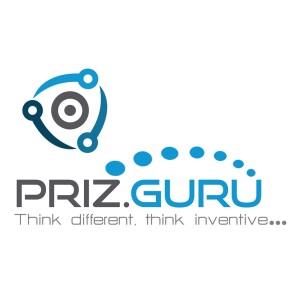

From QA Challenges to Innovation with PRIZ
From Firefighting to Forward-Thinking by Building a Proactive QA Culture
2025-05-12
Debra Johnson and Dr. Thinkman discuss transitioning from reactive to proactive quality assurance in organizations. They highlight the costs of crisis-driven cultures and the benefits of proactive quality, including increased operational efficiency and employee satisfaction. They emphasize leadership commitment, structured problem-solving, cross-functional collaboration, and employee empowerment as critical steps. Technology, data analytics, and supplier partnerships are also crucial in this...
Debra Johnson and Dr. Thinkman discuss transitioning from reactive to proactive quality assurance in organizations. They highlight the costs of crisis-driven cultures and the benefits of proactive quality, including increased operational efficiency and employee satisfaction. They emphasize leadership commitment, structured problem-solving, cross-functional collaboration, and employee empowerment as critical steps. Technology, data analytics, and supplier partnerships are also crucial in this transformation. For small and medium enterprises, starting with high-impact activities and strategic partnerships is recommended. Ultimately, transforming quality cultures is about shifting perspectives to view quality as a strategic advantage.
#QualityAssurance, #ProactiveCulture, #Leadership, #OperationalEfficiency, #EmployeeSatisfaction, #DataAnalytics, #SME
View more
#QualityAssurance, #ProactiveCulture, #Leadership, #OperationalEfficiency, #EmployeeSatisfaction, #DataAnalytics, #SME
Comments (3)
More Episodes
All Episodes>>Create Your Podcast In Minutes
- Full-featured podcast site
- Unlimited storage and bandwidth
- Comprehensive podcast stats
- Distribute to Apple Podcasts, Spotify, and more
- Make money with your podcast
It is Free












